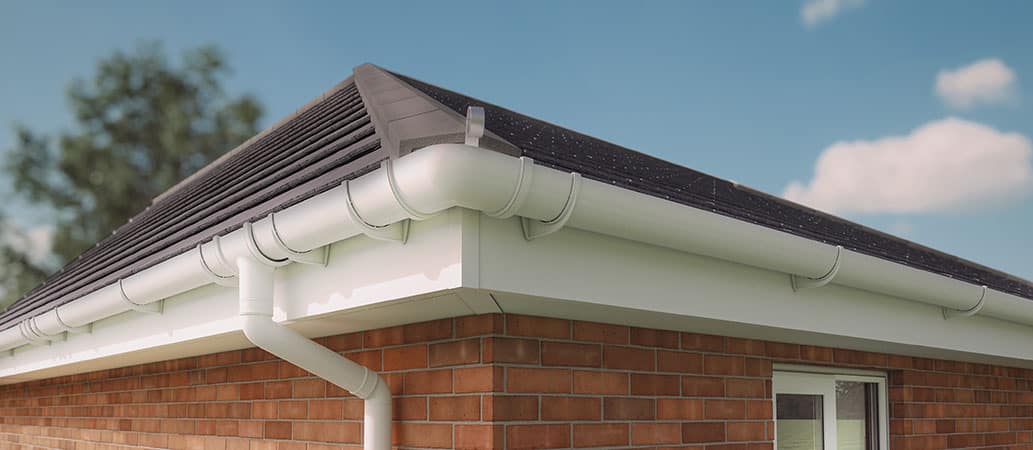EagleNeal
EagleNeal发表的博客
Soffit Replacement: A Comprehensive Guide
Soffits play an important function in the general health and looks of a home. Positioned beneath the eaves of a roofing, they offer ventilation and add to the structural stability of the structure. Gradually, nevertheless, soffits can become damaged or weaken due to different aspects, requiring their replacement. This article supplies an extensive look into soffit replacement, the materials included, the procedure, and responses to frequently asked concerns.

Comprehending Soffits
Soffits are the visible surfaces that link the exterior of your home to the roof overhang. They are typically made from materials such as wood, vinyl, or aluminum. Their main functions include:
- Ventilation: Soffits enable correct air flow in attics, avoiding wetness accumulation and lowering the threat of mold and structural damage.
- Protection: They protect rafters, beams, and other parts of the roofing system from the elements.
- Aesthetic Appeal: Soffits contribute to the appearances of a home, enhancing its curb appeal.
 Signs Your Soffits Need Replacement It is necessary for house owners to recognize when soffits require replacement. Some common signs include:
Signs Your Soffits Need Replacement It is necessary for house owners to recognize when soffits require replacement. Some common signs include:
- Water Damage: Stains or discoloration may suggest leaks or insufficient ventilation.
- Insect Infestation: Exposure to wetness brings in bugs like bees and termites, which can jeopardize the structure.
- Peeling or Cracked Paint: This is often an indication of underlying wood rot, particularly in wooden soffits.
- Swelling or Warping: As materials soak up moisture, they may start to warp, requiring replacement.
Picking the Right Material
When changing soffits, house owners can pick from different materials. The most typical choices are:
| Material | Advantages | Disadvantages |
|---|---|---|
| Wood | Standard look, easy to paint and stain | Prone to rot, needs routine maintenance |
| Vinyl | Low maintenance, moisture resistant, readily available in different colors | Can become breakable in extreme temperatures |
| Aluminum | Resilient, rust-proof, and does not require painting | Minimal color alternatives, can damage easily |
| Fiber Cement | Extremely durable, fireproof, and low maintenance | Much heavier, can be more pricey |
The Soffit Replacement Process
Changing soffits can be a manageable DIY project or a task for experts, depending upon the homeowner's skill level and comfort. Here is a simplified detailed procedure:
Step 1: Assess the Damage
Before case, it is important to inspect the existing soffits thoroughly. Identify the extent of the damage and identify whether replacement is needed.
Step 2: Gather Materials and Tools
Property owners need to collect all needed products and tools before starting the task. A common list includes:
- Replacement soffit panels (wood, vinyl, or aluminum)
- Caulk and caulking weapon
- Saw or cutting tool
- Drill or screwdriver
- Safety goggles and gloves
- Ladder
Step 3: Remove the Old Soffits
Carefully getting rid of the old soffits is important. Start by separating any trims or moldings around the edges. Use a saw to cut through nails and remove the soffit panels.
Step 4: Install Ventilation Baffles (if required)
Before installing new soffits, look for sufficient ventilation. Set up baffles that allow air to stream easily, minimizing the threat of wetness accumulation.
Step 5: Install New Soffit Panels
Cut the new soffit panels to the correct size and protect them in location utilizing screws or nails. Be sure to leave spaces for vents if relevant.
Action 6: Seal and Finish
When installed, seal the edges with caulk to avoid water seepage. Depending on the material utilized, include paint or finish as wanted.
Step 7: Cleanup
After the installation is complete, clean the work location and deal with the old materials properly.
Regularly Asked Questions (FAQs)
Q1: How long does soffit replacement last?A1: The longevity of replaced soffits depends upon the product utilized. Vinyl and aluminum soffits can last 20-40 years, while wood typically needs more maintenance and may last 10-20 years. Q2: Can I replace soffits myself?A2: Yes, house owners with basic woodworking abilities can carry out a soffit replacement. Nevertheless, hiring specialists is suggested for complicated installations or bigger homes. Q3: How much does soffit replacement, Http://121.199.174.122, cost?A3: The expense typically ranges in between ₤ 6 to ₤ 30 per linear
foot, depending upon the material selected, labor costs, and the
size of the job. Q4: What kinds of soffit ventilation are available?A4: Options consist of gable vents, soffit vents, and constant soffit vent systems to
make sure appropriate air flow in attics. Soffit replacement is
a crucial home maintenance task that can considerably affect a property's integrity and look. House owners should remain watchful for indications
of wear and tear and think about replacement alternatives that best suit their needs and spending plans. By choosing high-quality products and following the correct installation treatments, they can make sure that their homes stay well-ventilated and aesthetically appealing for several years to come. Whether choosing a DIY technique or employing a professional, comprehending the process makes for a smoother and more successful soffit replacement experience.
